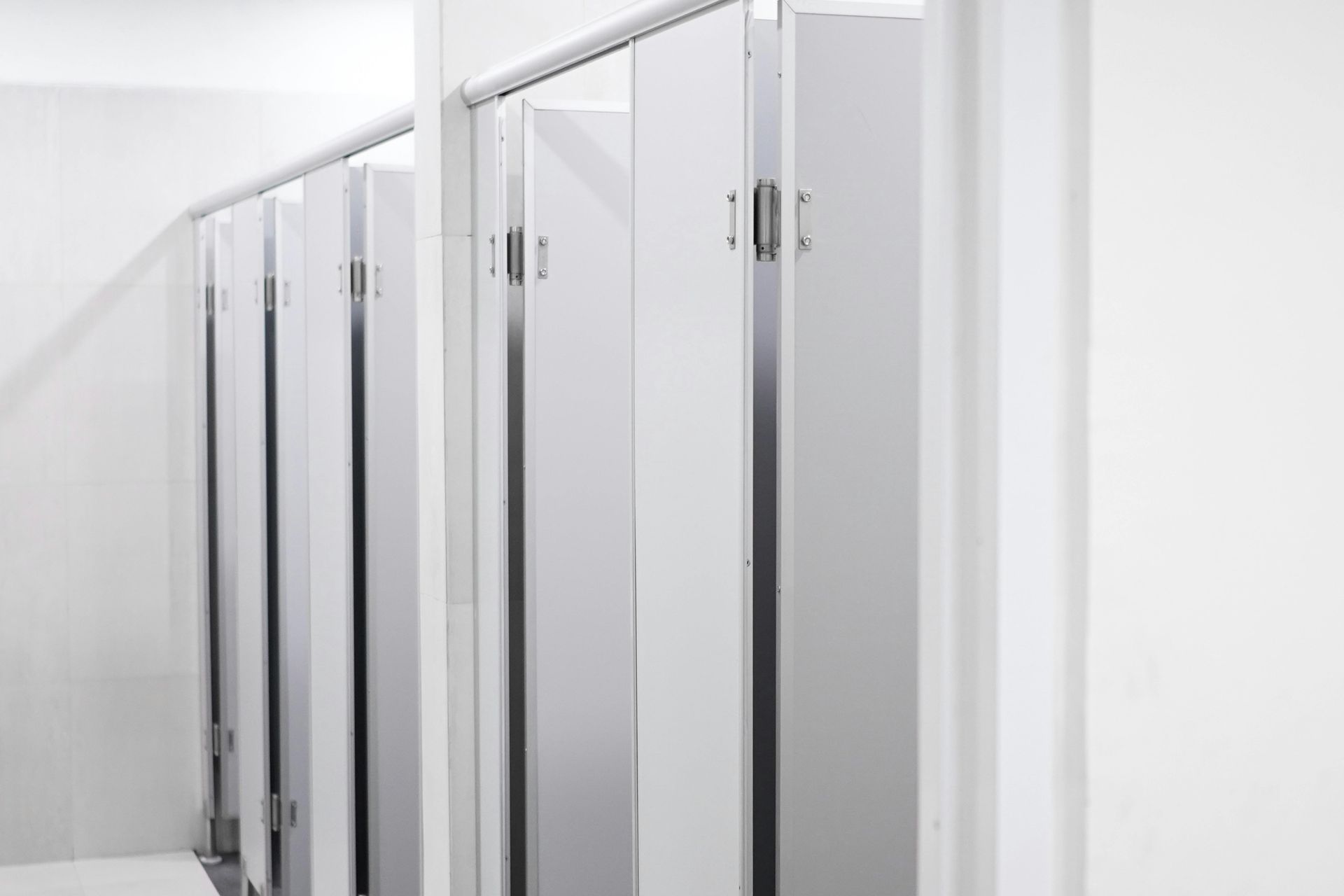Empowering Your Team: Mold Awareness Education for Commercial Spaces
In the realm of commercial spaces, from bustling offices to expansive warehouses, maintaining a healthy and productive environment is paramount. One often overlooked yet critical aspect of this is mold awareness education for employees. Mold infestations can have far-reaching consequences, impacting both health and business operations. In this article, we'll delve into the significance of educating employees about mold awareness, prevention, and reporting, fostering a proactive approach that safeguards both individuals and the organization.
Understanding Mold's Impact
Mold isn't just an unsightly issue; it can lead to a range of health problems for employees. Respiratory issues, allergies, and even more severe conditions can result from prolonged exposure to mold spores. By educating your team about the potential health risks, you empower them to recognize and address the issue promptly.
The Proactive Approach
Creating a culture of mold awareness starts with instilling a proactive mindset. When employees understand that mold isn't just a maintenance problem, but a collective responsibility, they become more vigilant in spotting potential signs of mold growth. This approach not only helps prevent outbreaks but also demonstrates your commitment to their well-being.
Recognizing Signs of Mold
Educating employees about the common indicators of mold growth is key. From musty odors to visible discoloration on walls and ceilings, recognizing these signs enables early detection. Training sessions can include images and real-life examples to help employees differentiate between harmless discolorations and potential mold growth.
Prevention Best Practices
An integral part of mold awareness education is sharing prevention strategies. Employees can learn about controlling moisture levels, proper ventilation, and promptly reporting water leaks. Encourage simple habits like not leaving wet towels or mops in confined spaces, as these can create breeding grounds for mold.
Reporting Procedures
One of the most crucial aspects of mold awareness education is teaching employees how to report potential issues. Establish a clear reporting protocol, detailing whom to contact and what information to provide. This empowers employees to take action without hesitation, preventing the spread of mold and allowing for swift remediation.
Mitigating Business Disruptions
Aside from health concerns, mold infestations can lead to business disruptions. Educating employees about the potential consequences of unchecked mold growth underscores the need for vigilance. By preventing large-scale outbreaks, your team contributes to maintaining seamless business operations.
Leadership's Role
Leadership's commitment to mold awareness sets the tone for the entire organization. When managers and supervisors actively participate in training and discussions, it emphasizes the seriousness of the issue and encourages open communication.
When it comes to commercial spaces, creating a safe and healthy environment requires more than routine cleaning. Educating employees about mold awareness, prevention, and reporting fosters a proactive mindset that benefits both individuals and the organization. By understanding the signs, implementing prevention strategies, and promptly reporting concerns, your team becomes an integral part of maintaining a mold-free workspace. Remember, mold education is an investment in your employees' well-being and the continued success of your business.













